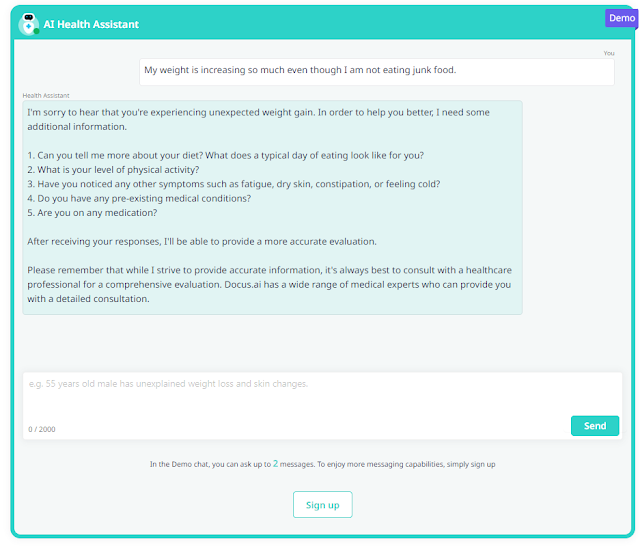Substack CEO Accuses Twitter of Censorship in Ongoing Feud with Elon Musk
Highlights
- Substack CEO, Chris Best, addressed the ongoing feud with Twitter and its CEO, Elon Musk, in a recent post on Substack Notes.
- Best accused Twitter of unfairly blocking and censoring Substack links and users.
- Substack launched Notes last week as a way to compete with Twitter's dominance in social media.
- Notes allows Substack writers to post brief messages, images, polls, and links to their newsletters, and also allows readers to comment and interact with them.
- Substack claims that Notes is meant to complement newsletters, not replace them, and to give writers more control and ownership over their audience and content
In a recent post on Substack Notes, the company's new feature that allows writers to share short updates with their subscribers, Substack CEO Chris Best addressed the ongoing feud with Twitter and its CEO Elon Musk. Best accused Twitter of unfairly blocking and censoring Substack links and users, and denied that Substack was violating Twitter's terms of service by using its API.
The conflict between the two platforms started last week, when Substack launched Notes as a way to compete with Twitter's dominance in social media. Notes lets Substack writers post brief messages, images, polls, and links to their newsletters, and also allows readers to comment and interact with them. According to Substack, Notes is meant to complement newsletters, not replace them, and to give writers more control and ownership over their audience and content.
However, Twitter did not take kindly to Substack's move, and responded by taking several measures to limit Substack's presence on its platform. Twitter blocked the ability to like or retweet any posts containing the word "Substack", displayed a warning message if users clicked on Substack links, and even prevented the word "Substack" from being searched on its site. Twitter also accused Substack of "trying to download a massive portion of the Twitter database to bootstrap their Twitter clone", a claim that Substack denied.
In his post, Best said that Substack has been using the Twitter API for years to help writers connect with their readers and grow their audience, and that they have always followed the rules and guidelines set by Twitter. He also said that Twitter never contacted Substack about any alleged violation or gave them a chance to fix any issue before taking action against them. He called Twitter's behavior "very frustrating" and "unfair", and said that it hurts not only Substack as a company, but also the thousands of independent writers who rely on Substack as their main source of income.
Best also defended Substack's vision of creating a more open and diverse media ecosystem, where writers can publish what they want without being constrained by algorithms, ads, or gatekeepers. He said that Substack is not trying to copy or replace Twitter, but rather to offer a different and better way for writers and readers to communicate online. He invited Twitter to join Substack in supporting free speech and independent journalism, instead of trying to stifle it.
The post received a lot of support from Substack users and fans, who praised Best for standing up to Twitter and Musk. Many also expressed their frustration with Twitter's policies and actions, and said that they would use Substack Notes more often or even leave Twitter altogether. Some also criticized Musk for his involvement in Twitter's decisions, and questioned his motives and credibility.
The feud between Substack and Twitter is not likely to end soon, as both platforms have different goals and values when it comes to online media. While Substack aims to empower writers and readers with more freedom and choice, Twitter wants to maintain its dominance and influence over social media. The clash also reflects a broader debate about the role and responsibility of tech companies in shaping public discourse and information. As more people turn to online platforms for news and opinions, the question of who controls what we see and hear becomes more urgent and complex.













No comments: